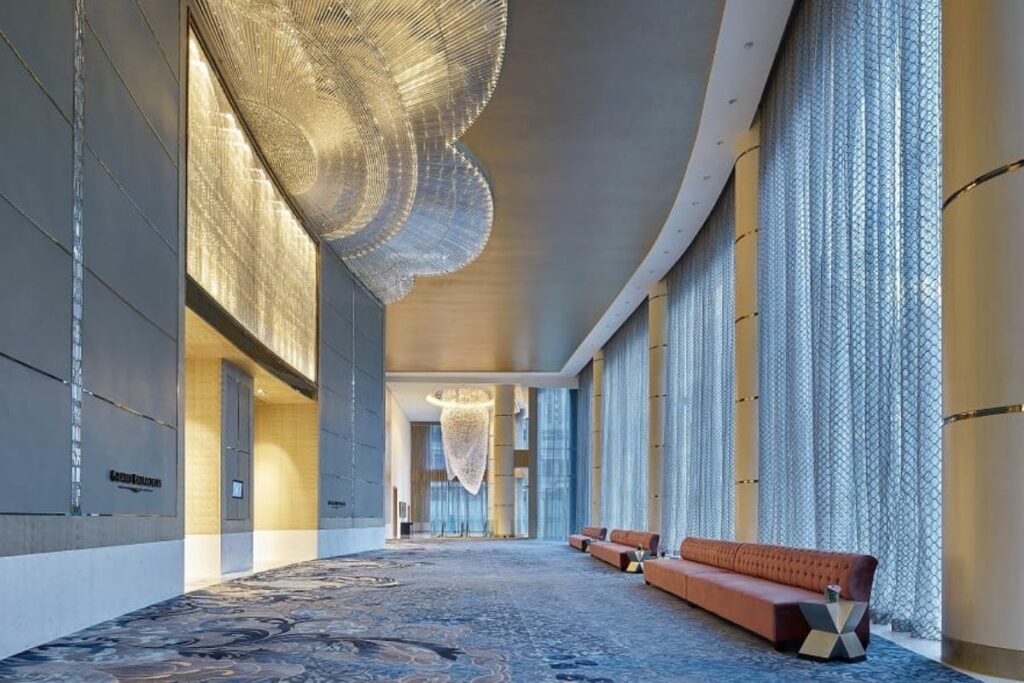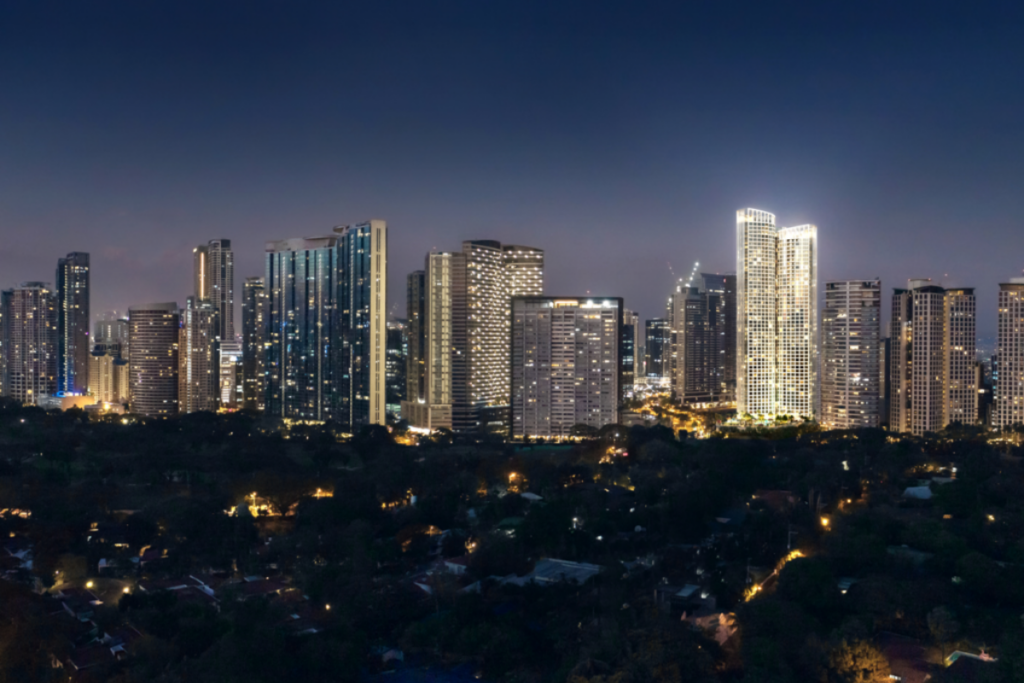Believe it or not, high-end condominium units are in short supply in Metro Manila. And when we say “high end,” we don’t just mean “expensive.” We’re talking about ultra expensive condominium units whose price tags start at nine digits.
The two main drivers for this demand, we’re told, is the large number of expatriate executives who are coming to the Philippines to tend to their multinational operations investments (available Forbes and Dasma residences are in short supply, of course) as well as foreigners who are investing in these properties themselves (we’re talking about money from China, mainly).
The good news, however, is that another high-end condominium project is set to be launched to cater to this seemingly insatiable demand for premium residential units. And the names behind it are premium brands as well.






